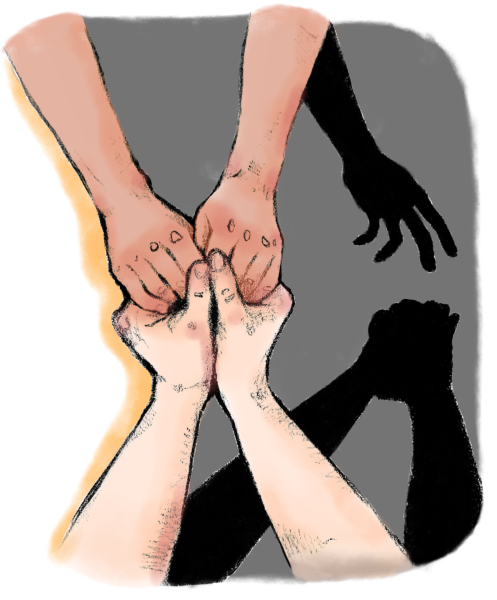
Since breaking our biggest story about the Washington State Attorney General’s investigation into Whitman College, The Wire has received many survivor stories. Each account differs in location, time and severity, but the throughline is painfully consistent: survivors report minimal support from the institution, leaving them to navigate life-altering experiences alone. Whitman is not an outlier. Across the U.S., sexual violence is a pervasive issue on college campuses, affecting one in five women and one in 16 men during their college years. Transgender and nonbinary students are even more vulnerable, with 42.9 percent experiencing sexual assault in college.
At Whitman College, from 2004 to 2024, 76.8% of violent crimes reported in security reports constituted sexual assault, dating violence, stalking and domestic violence.
The National Sexual Violence Resource Center statistics continue to highlight a crisis that has become normalized. Despite the staggering prevalence, many survivors never access the help they need. Among college women, fewer than one-third seek assistance from available resources. The numbers are even lower for male victims, with only 17.8 percent reaching out for support.
Sexual violence on college campuses is not an isolated phenomenon. It reflects a larger societal issue where power, image and denial are often prioritized over justice and humanity. Survivors are dismissed, their credibility questioned and their voices drowned out. This systemic failure goes beyond Whitman — it speaks to the broader culture of silence and impunity that persists in higher education.
When I arrived at Whitman College, I was sold on its image as a progressive liberal arts school — a haven for learning and growth in the heart of a small, supportive community. But working for The Wire has revealed a different reality. The charming campus and idyllic traditions serve as a veil, obscuring deeper systemic issues. As student journalists, we take our role seriously. We rigorously fact-check, identify patterns and offer administrators the opportunity to respond. But as we near the conclusion of this investigative series, it’s clear that Whitman faces significant problems that demand our attention.
The stories we’ve received at The Wire illustrate this all too clearly: survivors recount warnings laced with veiled threats, financial power overshadowing justice and a culture of silence perpetuated by fear.
The survivor testimonies we’ve shared are a call to action — not just for Whitman, but for all colleges grappling with these pervasive issues. The idyllic image of campus life must not hide the urgent need for institutional reform. As student journalists, our responsibility is to shine a light where others would prefer darkness, ensuring that these voices are heard and that change becomes inevitable.
By confronting these stories, The Wire affirms its commitment to honest reporting. Survivors deserve more than our sympathy — they deserve justice, belief and a campus culture that prioritizes their safety and dignity over power and image.







